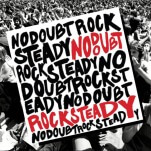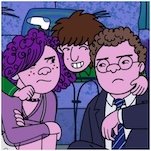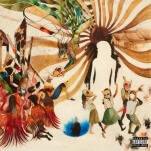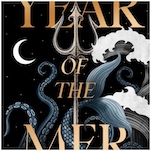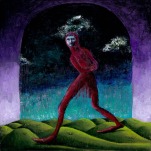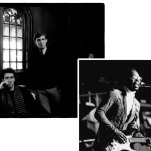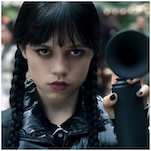deGeneration X: Two Hours in a Ukrainian Jail
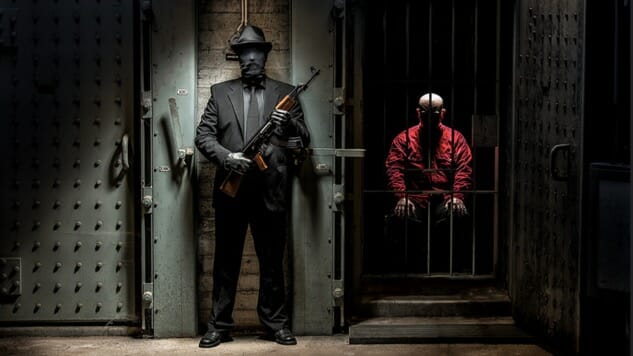
Most U.S. citizens can go their entire lives without a scary police encounter. When those same people travel overseas, however, a law enforcement problem is often only a matter of time.
My first confrontation took place on the streets of St. Petersburg, Russia. Walking down Nevsky Prospekt late one night during the 2006 White Nights Festival, I noticed a military vehicle creeping up behind me, and I knew I was the target when someone called out in not-so-sober English. Having just left a nightclub, my initial impression was that the bouncer alerted the officers about the American tourist ripe for robbing. Within moments, machine gun-toting thugs who epitomized the Evil Empire stereotype surrounded me on all sides, and the lead officer broke into a mischievous smile as he requested my passport. Under the guise of a drug search, the officer searched my wallet and returned it with a much slimmer profile. Highlighting the poor state of the American economy in 2006, the police took the rubles and euros and left the dollars.
My next run-in occurred in 2011 at the backpackers haunt Taganga on Colombia’s Caribbean coast. My fiance and I hit the bar Pachamama on a Friday night with two European friends who worked for a certain embassy in Bogotá. As we exited the bar, several police officers stood there waiting for their next victim. After searching the guys, the lead officer said my fiance had to spend the night in jail until a woman could search her in the morning. The police wanted a bribe, but our Spanish-fluent friends would not have it. They informed the officers that we would physically resist such a move forcing them to explain the origin of a conflict with a U.S. citizen and two Europeans carrying diplomatic passports. Like Steve Harvey in a card-reading competition, the police quickly conceded.
My third police encounter, however, did land me behind bars. In late summer 2009, I spent several weeks in Kiev, the original capital of what became Russia and the current capital of Ukraine. At the time, the two hottest clubs were Faberge and Arena, and the latter was a 20-minute walk along a major street from my hostel. Opting to avoid the shady-looking taxis outside Arena, I decided to walk back after a long night drinking Kauffman vodka shots. Halfway home, I saw a group of police officers hanging out on the street corner, and their eyes lit up at the sight of a well-dressed tourist (IMHO) walking toward them. I became an instant target with no time or place to escape.
“Come,” said an officer, waving me toward them. “American?”
This particular man, who spoke limited English, did all the talking, while the other officers stared coldly. If I had to guess, all four of them had gone to the barber with a picture of Ivan Drago’s haircut.
“I am an American.”
My mind raced. The underpaid officers were bored and tipsy, and anti-American sentiment was high at the time due to the U.S. conflict in Iraq. The cold chill running through my spine quickly sobered me up. I sensed this was going to end badly.
“Passport and immigration card,” the officer demanded.
U.S. citizens can visit Ukraine visa-free for 90 days, but upon arrival, tourists must fill out an immigration card that the authorities date and stamp. This card keeps track of how many days a tourist spent in the country, and when leaving Ukraine, people can have problems if they lost the card. When moving around the city, travelers should leave their passports and immigration cards in the room and carry photocopies along with a valid identification card (e.g., a driver’s license) that is more easily replaced. In this scenario, I had my original passport and immigration card on me, and I handed them over.
“How long have you been in Ukraine?” the officer asked.
-

-

-

-

-

-

-

-

-

-

-

-

-

-

-

-

-

-

-

-

-

-

-

-

-

-

-

-

-

-

-

-

-

-

-

-

-

-

-

-

